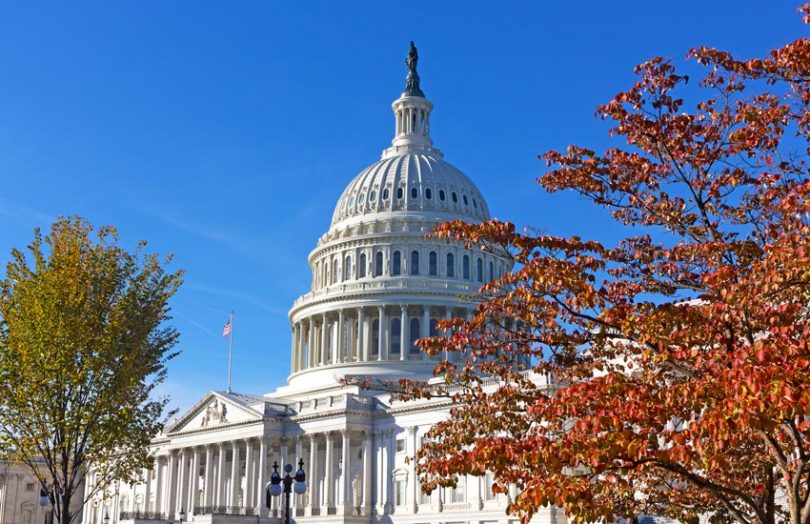On Monday, the Democrats in the U.S. Congress published draft bills for COVID-19 stimulus that incorporated plans for a digital dollar. On Tuesday, Senator Sherrod Brown introduced another bill, this time in the Senate. While the heart might be in the right place, central bankers and proponents of central bank digital currencies (CBDC) question the practicality of introducing a digital dollar in a rush. It could delay getting money to those most in need.
“At the height of this pandemic we must do more to protect the financial wellbeing of hardworking Americans and consumers,” said Senator Brown, who is the Democrat ranking member of the U.S. Senate Committee on Banking, Housing, and Urban Affairs. “They are on the front lines of this crisis and are already feeling the effects of the economic fallout. My legislation would allow every American to set up a free bank account so they don’t have to rely on expensive check cashers to access their hard-earned money.”
He continued: “I look forward to continuing to negotiate with my colleagues, and urge them to prioritize people over big banks and corporations.”
Brown referred to the digital dollar wallet as a “FedAccount”, which would be available at local banks and Post Offices. These accounts would have no fees and also include mobile banking and ATM access at post offices.
The aim is to ensure that “that everyone who is entitled to COVID-19-related relief receives it quickly and inexpensively.” He stated that 8.4 million households were unbanked in 2017.
But implementing such a system would take time and has risks, including relating to cybersecurity.
Two months ago, the former Chair of the Commodity Futures Trading Commission (CFTC) J. Christopher Giancarlo set up the Digital Dollar Foundation to promote the concept of a digital dollar. While he has not directly commented on the Democrat move, he retweeted the comments from Brad Carr below.
@giancarloMKTS had said at @GBBCouncil at Davos: we’re not going to rush this, we’re going to get it right; we don’t need to be the first to do a CBDC, we can learn from others’ implementations. Seems like a sound approach.
— Brad Carr (@BradJCarr) March 24, 2020
We reached out to central bankers for comments. The Bank of Lithuania recently published a useful review of global CBDC initiatives and launched its own digital collectible coin. Marius Jurgilas, Member of the Board of the Bank of Lithuania commented: “The mentioned digital dollar initiative sounds revolutionary, yet there are still questions regarding risk assessment. The discussions around central bank digital currencies are ongoing and involve many central banks, including the ECB, as well as such international institutions as the IMF and the BIS.”
He continued: “The main challenges are related to how the public will accept this kind of money, what is the level of their digital literacy, and whether the AML/CTF regime is going to change and, if so, how. These are only some of the issues to be faced during the implementation of the digital dollar framework.”
But Jurgilas is optimistic. “In the EU and especially in Lithuania, thanks to e-money regulation, the institutional framework and infrastructural set-up in place, such a model could be launched rather quickly. It would be a matter of introducing a requirement, rather than a possibility, for e-money institutions to hold all of their customer funds at the central bank.”






